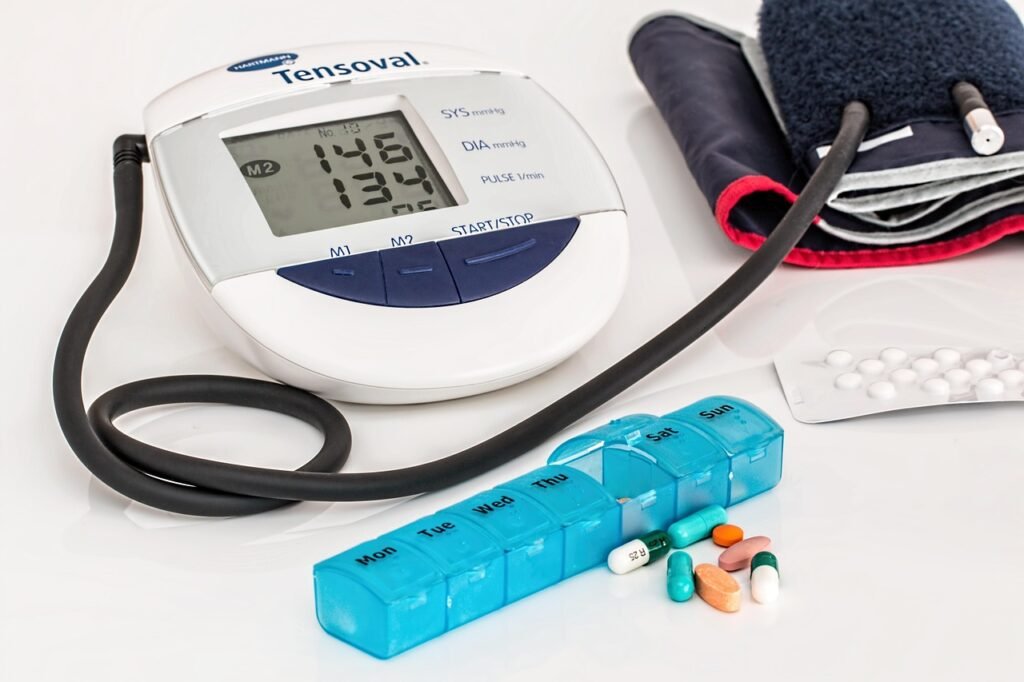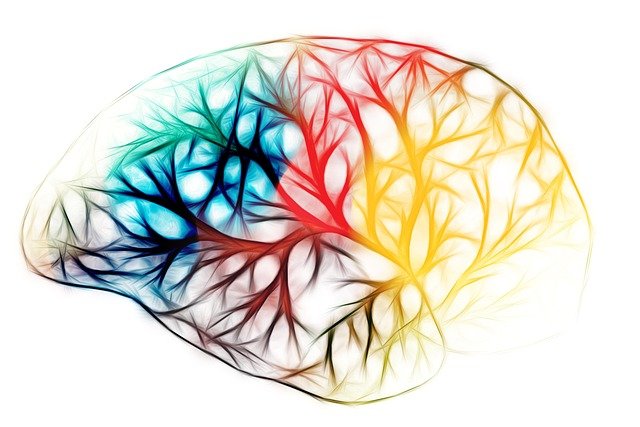High blood pressure—often dubbed “the silent killer”—has long been a top target in the fight against heart disease and stroke. But mounting evidence suggests its reach extends beyond the heart and arteries, affecting the health of our most vital organ: the brain. A groundbreaking analysis of a landmark hypertension trial reveals that aiming for stricter blood pressure control may also guard against age‑related cognitive decline.

Revisiting a Landmark Trial
The evidence comes from a deep dive into data from 7,221 participants aged 50 and older in a pivotal blood pressure study. Initially designed to compare cardiovascular outcomes, the trial randomly assigned volunteers to one of two systolic blood pressure (SBP) targets:
- Standard Treatment: Keep SBP under 140 mm Hg.
- Intensive Treatment: Aim for SBP under 120 mm Hg.

Researchers halted the trial after 3.3 years because it became clear that the intensive‑treatment group enjoyed a substantially lower rate of heart attacks, strokes, and other cardiovascular events than those in the standard‑treatment arm. This safety and efficacy milestone laid the groundwork for new insights into how blood pressure management influences brain health.
Beyond the Heart: Impact on Cognitive Health
Building on the cardiovascular findings, scientists recently examined whether these blood pressure strategies might also affect the risk of developing cognitive problems—specifically, mild cognitive impairment (MCI) and dementia.
Here’s what they found:
- Reduced Cognitive Risk: Participants targeting SBP under 120 mm Hg were notably less likely to experience cognitive decline compared to those keeping SBP under 140 mm Hg.
- Slower Progression: Intensive treatment appeared to delay the onset of MCI and potentially slow its progression toward dementia.
While the precise numbers vary across analyses, the consistent trend is that tighter blood pressure control correlates with better preservation of mental faculties.
Why Blood Pressure Matters for the Brain
The link between vascular health and cognitive function is well established:

- Microvascular Integrity: High blood pressure can damage the tiny blood vessels in the brain, leading to small, often “silent” strokes that chip away at neural networks.
- Chronic Inflammation: Hypertension fuels systemic inflammation, which in turn can accelerate neurodegenerative processes.
- White Matter Health: Long‑standing hypertension is associated with loss of white matter integrity—crucial for communication between different brain regions.
By reducing blood pressure more aggressively, we can mitigate these harmful effects, helping to maintain efficient blood flow and protect the delicate architecture of the brain.
What This Means for You
If you—or someone you care about—has been diagnosed with hypertension, these findings offer an additional reason to pursue optimal blood pressure control. Here are practical steps to consider:
- Talk to Your Doctor About Targets
While the general guideline often cites an SBP target under 140 mm Hg for most adults, discuss with your physician whether a lower goal (such as under 120 mm Hg) may be appropriate given your overall health status. - Adopt a Heart‑and‑Brain Healthy Lifestyle
- Diet: Embrace the DASH (Dietary Approaches to Stop Hypertension) diet—rich in fruits, vegetables, whole grains, and low‑fat dairy.
- Exercise: Aim for at least 150 minutes of moderate‑intensity aerobic activity per week (think brisk walking, cycling, or swimming).
- Stress Management: Techniques like mindfulness, yoga, or deep breathing can help lower blood pressure and reduce inflammation.
- Medication Adherence
If your doctor prescribes antihypertensive medication—whether ACE inhibitors, ARBs, calcium channel blockers, diuretics, or beta blockers—take it consistently. Skipping doses can undermine both your heart and brain health. - Regular Monitoring
Home blood pressure monitors are widely available and easy to use. Logging your readings and sharing them with your healthcare team allows for timely adjustments in therapy.
Balancing Benefits and Risks
Intensive blood pressure lowering isn’t without potential downsides—some people may experience dizziness, lightheadedness, or kidney function changes when their blood pressure dips too low. That’s why personalized care is key. Your healthcare provider can help you weigh the benefits of tighter control against any individual risks, tailoring the approach to your needs.
Looking Ahead
Cognitive decline and dementia remain major public health challenges as our population ages. While no single intervention can completely eliminate these risks, the emerging evidence is clear: aggressive management of high blood pressure offers a powerful, low‑cost strategy to protect both heart and brain.
So the next time you measure your blood pressure, remember: you’re not just safeguarding your cardiovascular health. You may also be preserving your memory, your mental clarity, and the very essence of who you are. Tighten those reins—your brain will thank you.

